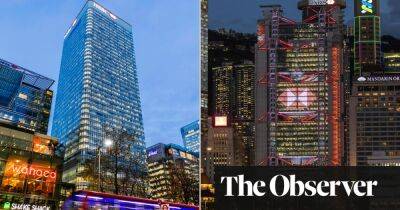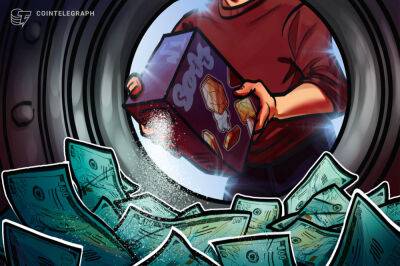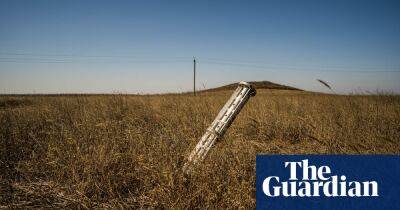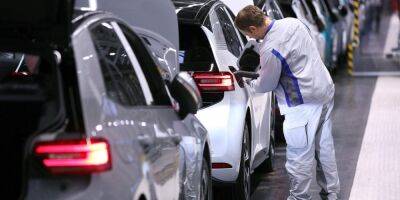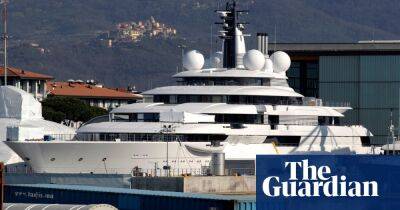‘This really is the future’: HGV manufacturers race to decarbonise trucks
“Just be careful where your back end is going,” says the instructor as this reporter nervously steers a 44-tonne articulated Volvo lorry on a roundabout. It is good advice at roundabouts, as in life. The trailer rolls past the safety barrier with a barely visible gap, to the relief of everyone involved.
It is a manoeuvre played out across the world countless times each day as lorries lug the goods required for modern life from factory to consumer. However, this truck is slightly different: instead of a diesel engine, it is running on natural gas.
It is one of the products of a series of bets by lorry manufacturers on how to reduce the carbon footprint of road transport, a key contributor to global carbon emissions. About 16% of the UK’s carbon emissions in 2019 were from heavy goods vehicles, which carried 1.4bn tonnes across 17.8bn km in the year to June 2021, according to the Department for Transport.
Manufacturers are backing a range of technologies from gas, to battery electric and various types of hydrogento try to decarbonise those journeys – but none has yet succeeded at scale.
Everyone who drives an electric car for the first time after a lifetime of petrol or diesel has had the moment of realisation: this really is the future. A similar dynamic is happening now with lorries. At the same test drive event, held this week at the Millbrook Proving Ground by the Society of Motor Manufacturers and Traders, there was also the chance to try out the LF Electric, assembled by Dutch lorrymaker DAF Trucks at its Leyland subsidiary in Lancashire.
Compared to the noise and judder of a diesel engine it is a serene experience on a sunny spring day in the rolling Bedfordshire hills. So serene, in fact, that another good-natured
Read more on theguardian.com

